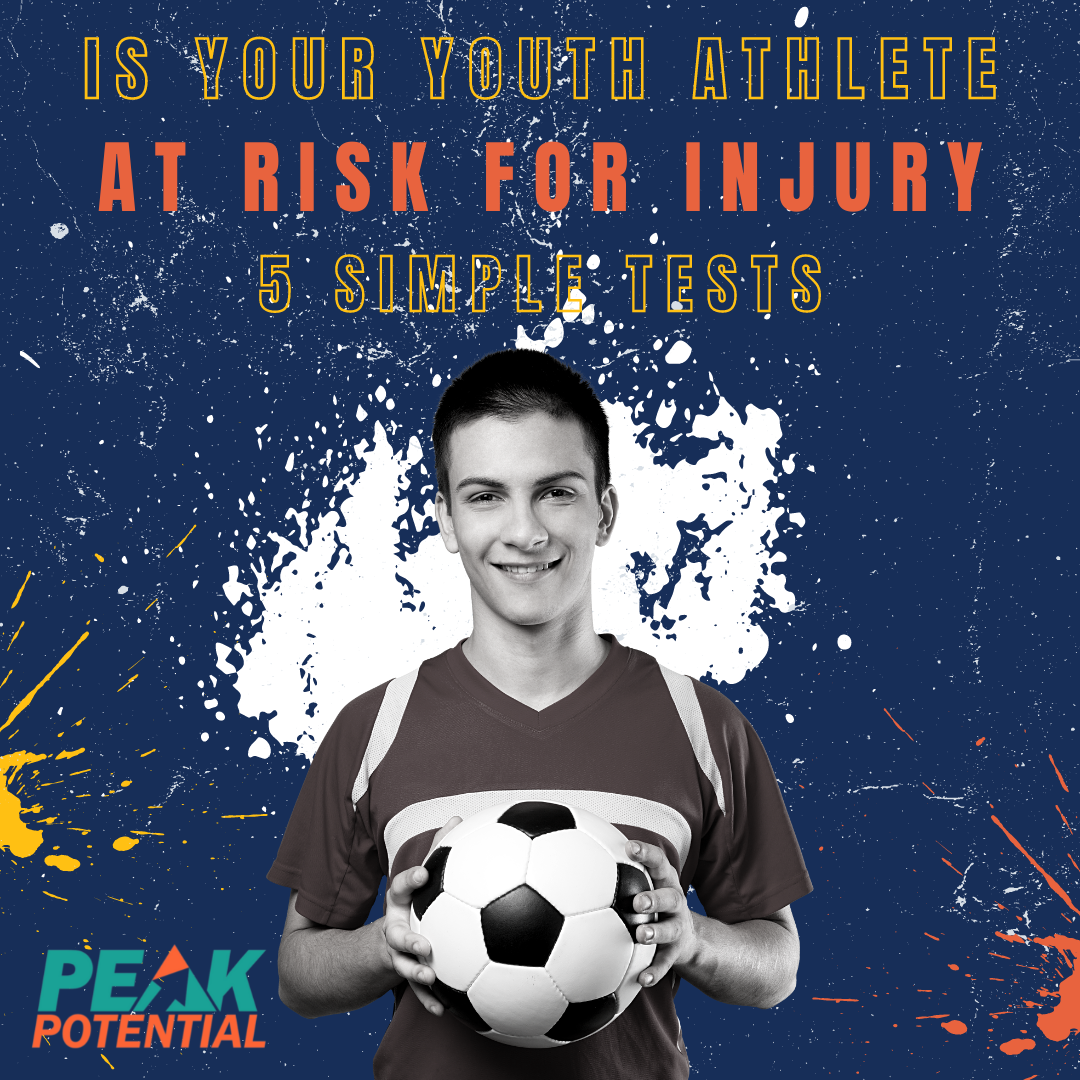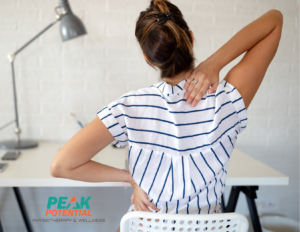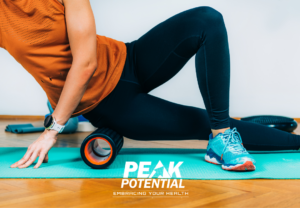Do you have wonderful memories as a youth athlete?
Maybe it was church T-ball, Collierville Rec soccer, the first tackle football game, cheering on your classmates, or trying out for a varsity team.
We want our own children to experience this same joy and excitement. The physical, emotional, and social benefits of participating in organized sports.
There are many reasons to encourage our children to get involved in athletics, but it’s wise to also help them be both prepared and safe. A study from August 2013 found that every 25 seconds a youth athlete suffers an injury severe enough to require an emergency room visit. As parents, this shouldn’t scare us but move us to be proactive.
What about the sports physical?
The medical clearance your child’s school or organization may require rules out health risk only. It’s important for preventing life threatening medical emergencies, but will not determine risk for injury of the soft tissue (muscles, tendons, ligaments). Furthermore, these types of injuries or faulty movement patterns in our children can have lasting effects appearing as pain, injury, and arthritis in adulthood.
The good news is we can measure risk and take action now instead of waiting for problem to arise. When we identify the faulty repetitive movement patterns that lead to injury early, a correction is often simple. This not only improves performance in the present, it prevents a future of degenerative joints, ligaments and spinal discs.
How can we help them perform at their absolute best, while also protecting them from damage to their growing bodies?
Fortunately, there are some quick tests you can perform at home to see if their strength, agility, and movement is ready for their athletic season.
1. Squat
Start by standing with feet shoulder width apart. Squat down as far as possible. The upper legs should be parallel to the floor and the heels should be able to remain flat on the ground.
2. Balance with Eyes Closed
Stand on one foot with your hands on your hips. Close your eyes and hold this position for 30 seconds on each side. This should be done without leaning or loss of balance.
3. Toe Touch
To see if lower body muscles are ready for quick starts and heavy lifting, hamstring length should be tested. Start by putting your feet together, then bend over and touch your toes. You should be able to do this without rounding your back.
4. Push Up
Start by lying face down on the floor. The hands are placed beside each shoulder. As you push up, the back, hips, and knees need to be in a straight line.
5. Overhead Reach
With your head, back and heels against a wall and arms straight in front, lift your arms overhead and touch the wall with your thumbs. If your lower back arches or you can’t reach the wall, there are likely movement restrictions in the back or shoulders.
Further testing is indicated if the athlete is unable to complete any of these tests correctly (or if discomfort or stiffness is present). The next step is a functional movement screen. Our specialty trained therapists use this tool to identify risk factors for ankle, knee, hip and shoulder injuries. In addition, if they identify an increase in risk factors, corrective exercises can be prescribed to mitigate the risk.
Is all of this really necessary for my healthy child?
According to a 2016 review of the literature, youth athletes especially, due to their developing musculoskeletal and neuromuscular systems should undergo pre-participation musculoskeletal screening for identification of movement limitations.
The amazing thing with children is the corrective strategies we implement tend to clean up the problem FAST. Generally, no time is lost from their sports training program or competition. In addition, they can continue on stronger and performing at a higher level than before.
To inquire about a functional movement screen with a Doctor of Physical Therapy for you or your child, click HERE to fill out a short form. You will hear from us soon or you can call our office at 901-316-5456 to get your questions answered.
*Functional Movement Screens for Youth Athletes are performed in person at our Collierville location, as well as via telehealth.




